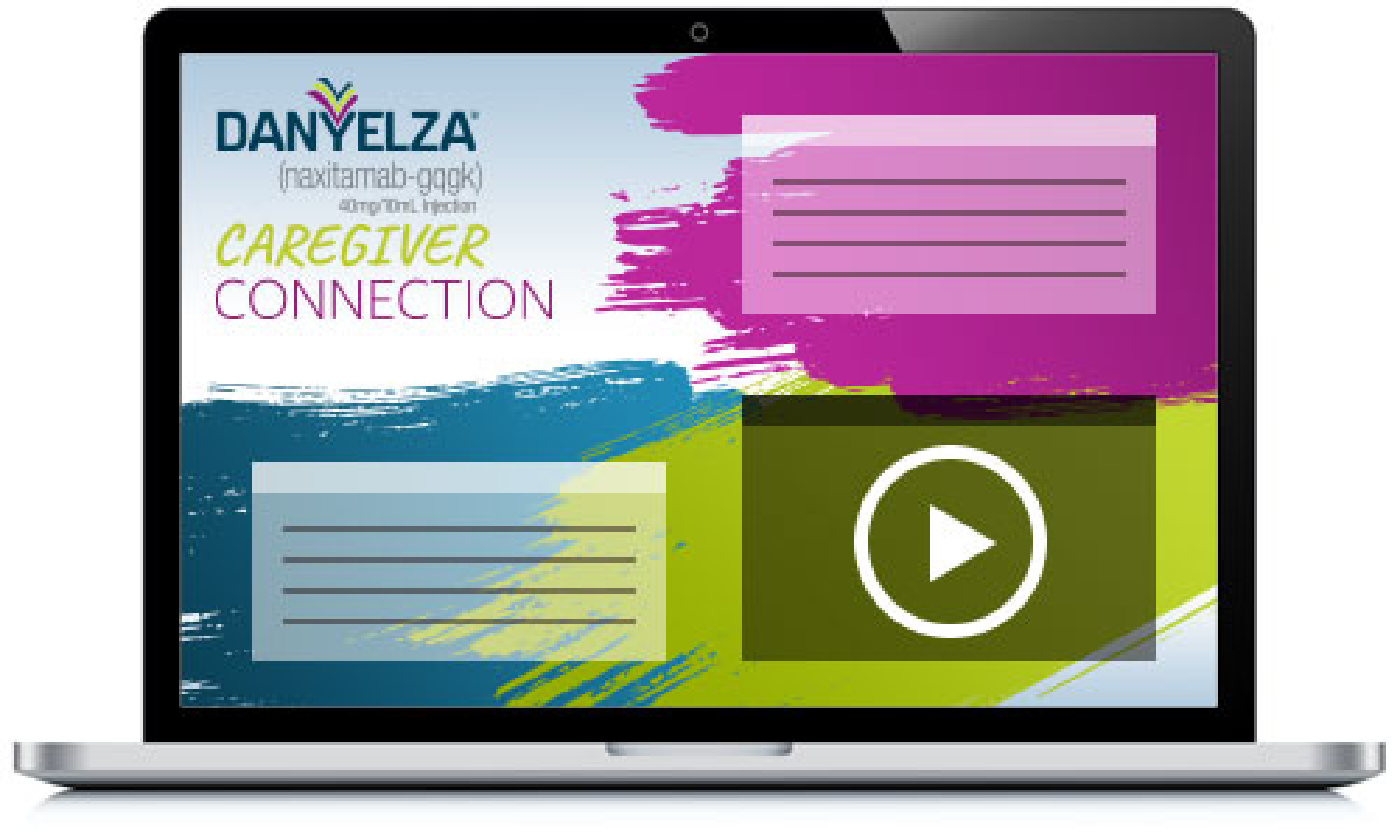Meet caregivers like you
Our caregivers are passionate about sharing their experiences with DANYELZA in the hopes that it may help you along your own journey with your child.

Meet Rachalle
“There are no words for having community like that. Just having the support and knowing that you’re not alone, it’s huge.”
Rachalle is a mother of 2 boys and a former 5th grade science teacher. She has experience navigating relapsed high-risk neuroblastoma and DANYELZA treatment with her son, Luke. Both Rachalle and her husband leaned on their community for support throughout the treatment journey.
Watch Luke’s story>
Meet Heather
“I’m just proud to be able to help other people. That’s very rewarding. I think we could move mountains. I really do.”
Heather is a mother of 4 who is passionate about sharing her and her tight-knit family’s experiences with high-risk neuroblastoma. Her son, Michael, was introduced to DANYELZA after he did not respond to initial treatment.
Watch Michael’s story>
Meet Spencer
“We as caregivers are our own best resources for knowledge. When we share our stories, we help each other continue to be strong for our children.”
Spencer is a father of 4 with experience in researching and advocating for treatments for high-risk neuroblastoma. When his daughter, Ava, received a relapse diagnosis, finding a treatment plan helped give him and his family hope.
Watch Ava’s story>Caregiver events
DANYELZA Caregiver Connection hosts educational events that feature conversations between caregivers and pediatric oncolologists.
Watch recordings of past events at any time below.

Connect with us on Facebook

Stay up-to-date on the latest news from DANYELZA caregivers, including tips, insights,
and opportunities to engage in conversation
with others.
Go now >
The user must be an administrator, editor, or moderator of the page in order to impersonate it. If the page business requires Two Factor Authentication, the user also needs to enable Two Factor Authentication.
Connect via email
Join our email list for the latest news about DANYELZA Caregiver Connection. Emails will include the latest tips from DANYELZA caregivers and different ways to connect with others.


